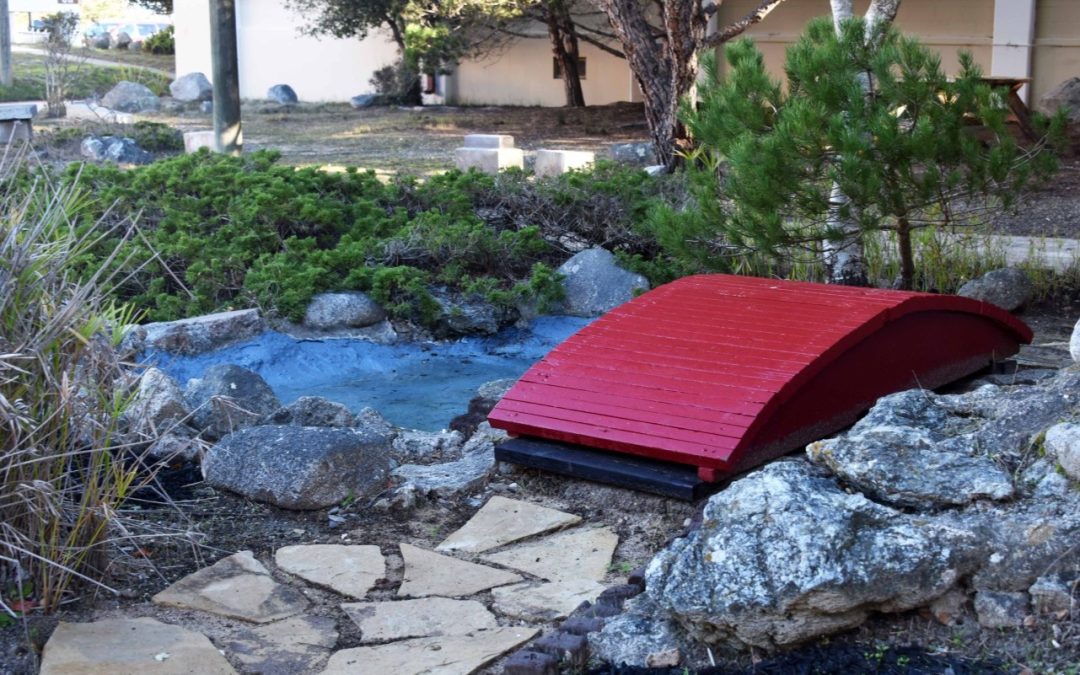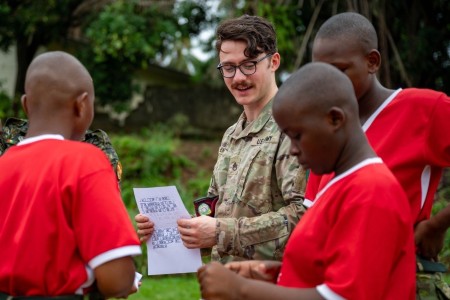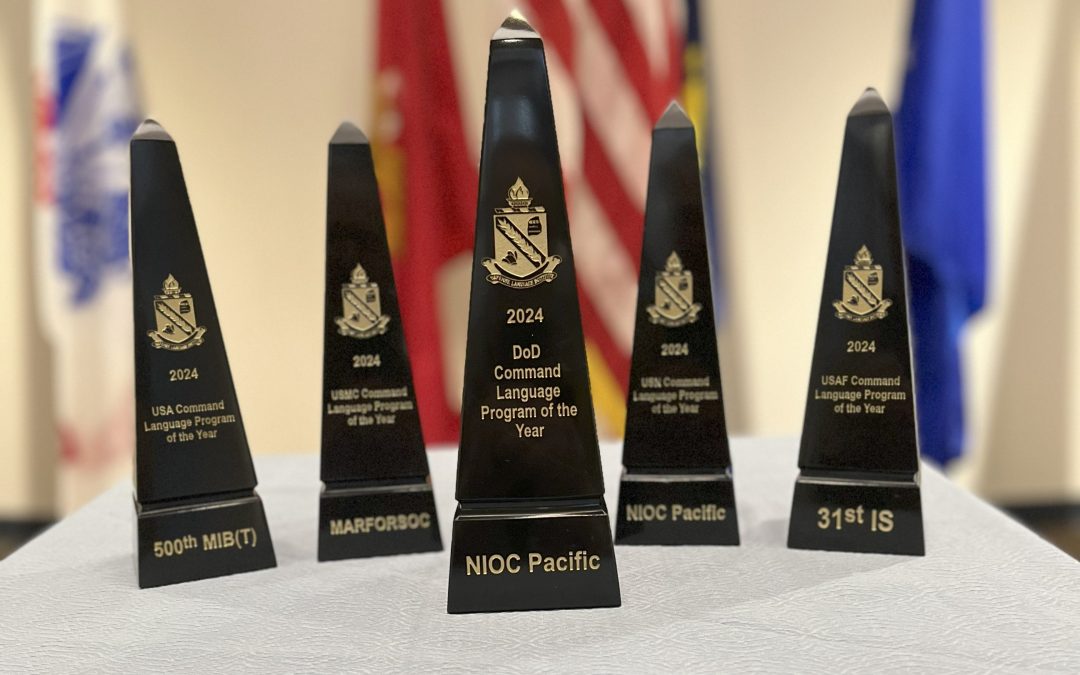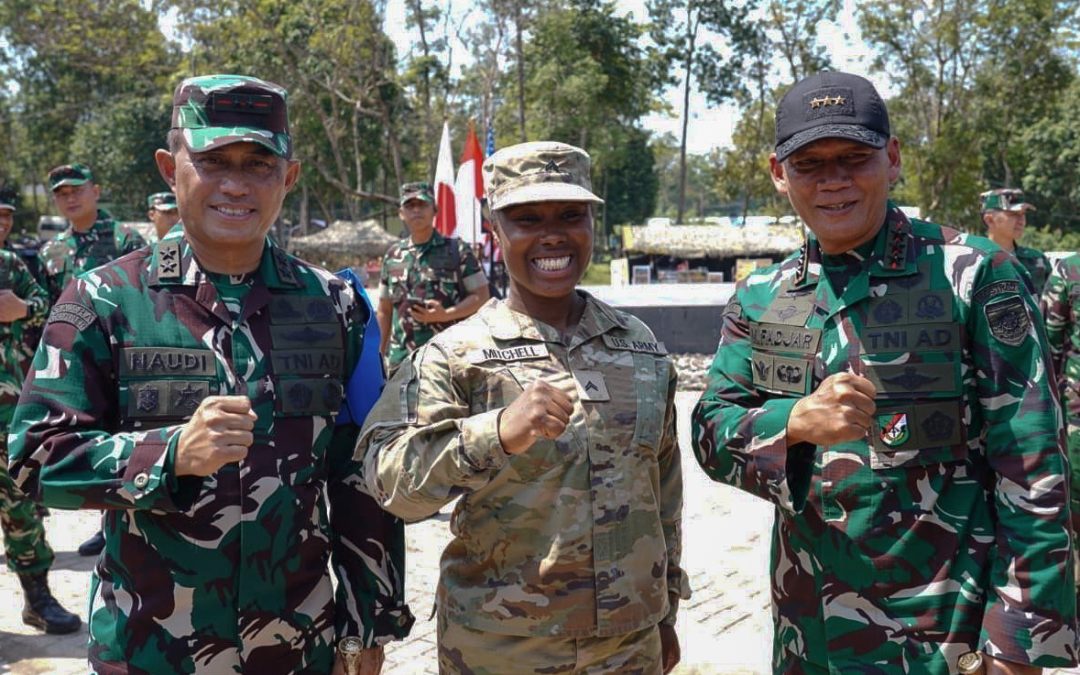By Tammy Cario
Anna Sherman knew from a young age what she wanted to do.
“I ended up doing this State Department funded national security scholarship twice while I was in high school,” she said. It was the National Security Language Initiative for Youth, a program run in partnership with the U.S. government to provide overseas language study opportunities for American youth that gave her this first experience.
“It changed my life. It was so incredible…it just really solidified that this track of working in the government, working in national security, is definitely what I wanted to do,” said Sherman, after she spent the summer and her entire senior year in Beijing, China.
Following that program, Sherman enrolled in the University of Minnesota where she majored in Asian and Middle Eastern studies. With eight years of Chinese language to her credit, she wasn’t sure what program would be right for her capstone, or senior thesis. When she came across the Chinese Flagship Domestic Immersion Capstone Program held at the Defense Language Institute Foreign Language Center, she decided to apply for it.
“My flagship director brought up to me that there’s this domestic option at DLI and it’s for students who are interested in working for the government,” she said, “which is totally the track that I want to be on.” Fast forward to present day and this program “is the only program that is even running because the others are shut down in China” due to the pandemic, she said.
The Chinese capstone program at DLIFLC, the first if its kind in Monterey, is held in conjunction with the Middlebury Institute of International Studies, and lasts two full semesters. The six students attending, called Boren scholars based on the names of the Boren scholarship they simultaneously applied for along with the capstone, come from colleges across the United States.

The Chinese capstone program at DLIFLC, the first if its kind in Monterey, is held in conjunction with the Middlebury Institute of International Studies. The six students attending, called Boren scholars based on the names of the Boren scholarship they simultaneously applied for along with the capstone, come from colleges across the United States.
“I think a big difference between regular college education for a Chinese program and the one here is there’s just a bigger mission,” said John Smith*, a Boren scholar from Arizona State University, who came across the program after deciding at a young age he wanted to go into government work. “We’re talking about national security and service to country (in class). That is the foundation for why we’re doing this.”
Because the capstone is for college students who already have a higher level of Mandarin Chinese, the curriculum had to be, by default, different from the standard DLIFLC curriculum. “Most of [DLIFLC students] haven’t had the experience of going to college,” explained Dr. Liwei Gao, who is the director of the DLIFLC capstone. Boren scholars, on the other hand, have a foundation and higher language proficiency to start with. Because of this, the curriculum for the capstone program is unique to DLIFLC, which meant Gao and his team had to piece together different curricula to suit the capstone needs.
“We referred a lot to the intermediate and advanced programs” at DLIFLC, Gao said. They also modeled it after a similar course at University of Maryland, College Park to make it resemble a more typical college class. “Creating a class from scratch takes two to three years,” he said. “We literally had a few months to create a program with all of these components.” Dr. Gao and his two teachers assigned to the capstone also looked for authentic materials online to keep the cultural aspects relevant.
Dr. Gao was officially hired as the director for the program in December of 2019. By September of 2020, even with a pandemic raging, the capstone was underway. The Boren scholars live in Monterey and attend online classes for more than 11 hours a day, five days a week and meet on Sundays for three hours.
“With this program, I’ve just been so satisfied with the high-level content, the high-level intensity,” said Sherman, who felt she had plateaued in her language before coming to Monterey. One of the factors to overcoming that at DLIFLC, she said, is “content that is tailor made. The teachers have taken all of our content that we’re learning from authentic sources. It’s not just a textbook.”
For Smith, this capstone has taught him to appreciate that the context and history of the language is just as important as the language teaching itself. “I think the challenge for us is that it’s very content based…so it’s building upon that cultural knowledge, historical knowledge. So, our main topics are centered around policy government, society and economics.”
It’s these topics that will help the students as they move on to work within the government sector.
Clare Bugary, a former DLIFLC staff member and one of the founders of the capstone program, explained, “Chinese was a great place to start” for the capstone program because it was a primary focus for the DoD. “We also worked with our intelligence community partners to establish options for internship positions immediately following their language training at DLI,” she said. “The DLI Boren/Flagship students will incur a one-year service obligation,” an incentive that drew most of the Boren scholars to the program in the first place.
“I feel very fortunate,” said Sherman “I just had a very clear vision and this program fit right in.”
*name changed




